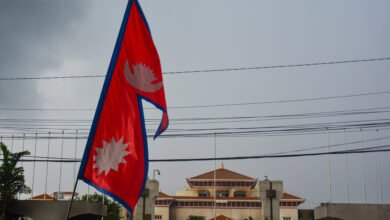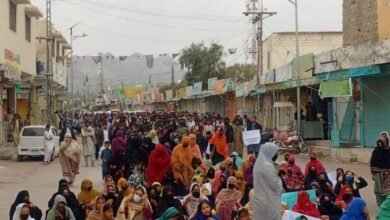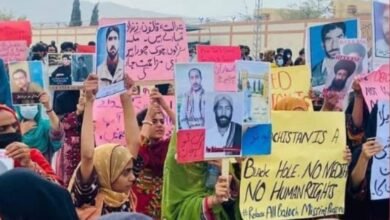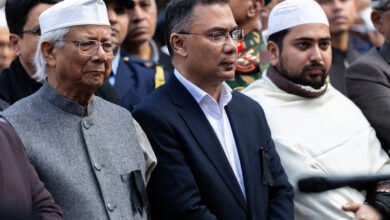
(source : ANI) ( Photo Credit : ani)
Recently deported Afghan refugees from Pakistan are sharing heartbreaking stories of struggle and desperation as they return home. These families, forced out suddenly, are now battling hunger, lack of shelter, and the looming Afghan winter, according to reports from Tolo News.
Take Bibi Shams, one of the many returnees. She opened up about her tough journey, saying her family has nothing left. “We need land to build homes, and my children are hungry. We need help. Winter is coming, and we are in need of aid,” Shams told Tolo News. Her words highlight the urgent humanitarian crisis facing Afghan refugees returning from Pakistan.
Another returnee, Dua, echoed the same plea. She pointed out that while some aid has trickled in, it’s far from enough. “There has been some aid, but it’s not enough. Among us are refugees who have neither homes nor shelter. They need to be cared for and all their needs addressed,” Dua said, as quoted by Tolo News. Stories like these paint a grim picture of the challenges for Afghan deportees.
The numbers tell an even starker tale. Arafat Jamal, head of the United Nations High Commissioner for Refugees (UNHCR) in Afghanistan, revealed that nearly 100,000 Afghans were deported from Pakistan in just the first week of September. “Just in the first week of September, nearly 100,000 people returned from Pakistan, which is pushing our and the country’s capacity to the limit,” Jamal stated. Earlier that week, the Afghan Commission for Refugees reported another 10,288 deportations from both Iran and Pakistan, adding to the overwhelming influx.
Afghanistan’s government is stepping in too. Hamdullah Fitrat, deputy spokesperson for the Islamic Emirates, posted on social media X that they’ve provided necessary assistance to the returnees, as per Tolo News.
But the situation got more complicated this week. On September 9, UNHCR shut down several aid centers in Afghanistan, including those helping Afghan refugees returning from Pakistan and Iran. This move came after the head of the UN Assistance Mission in Afghanistan pressed Taliban authorities to lift restrictions on female staff. Jamal stressed how vital women’s involvement is for their work. “We took the decision to close our encashment centers. We didn’t take this lightly, and we knew it would have consequences for many returnees. These centers are essential to distribute initial cash, register people biometrically, and provide protection, screening, and interviews,” he explained.
As the number of Afghan deportees from Pakistan swells, the call for more international support grows louder. These families need immediate help to rebuild their lives amid this deportation crisis.
Stay informed on all the latest news, real-time breaking news updates, and follow all the important headlines in world News on Latest NewsX. Follow us on social media Facebook, Twitter(X), Gettr and subscribe our Youtube Channel.

















